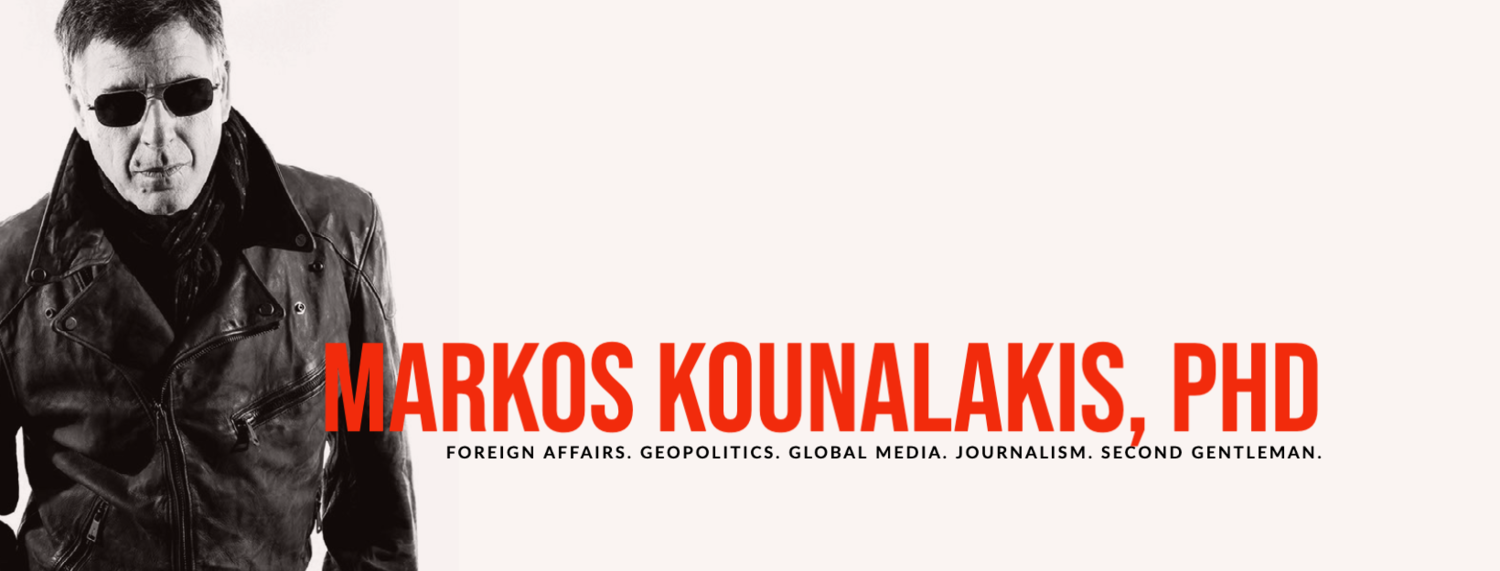Pitching American primacy for 2016
Basketball fan-politicians like President Barack Obama often use sports metaphors when talking politics. As 2014 came to a close and his last electoral cycle passed, he pointed out “my presidency is entering the fourth quarter.”
The fourth quarter of a presidency is the foreign policy quarter. During most presidencies, it is when his leverage over Congress is at its ebb, his political considerations minimized and the time used to crystallize a legacy. For all presidents, this is the time to set the geopolitical gears in motion.
While his team plays the fourth quarter and the clock ticks down, the new 2016 presidential teams are positioning themselves for an electoral shootout. Each team – and there are many – needs to prepare to enter the Oval Office ready not only with a solid and popularly supported domestic agenda, but also be able adjust to what is left behind at the buzzer and to articulate a clear foreign policy plan and vision. Read more











